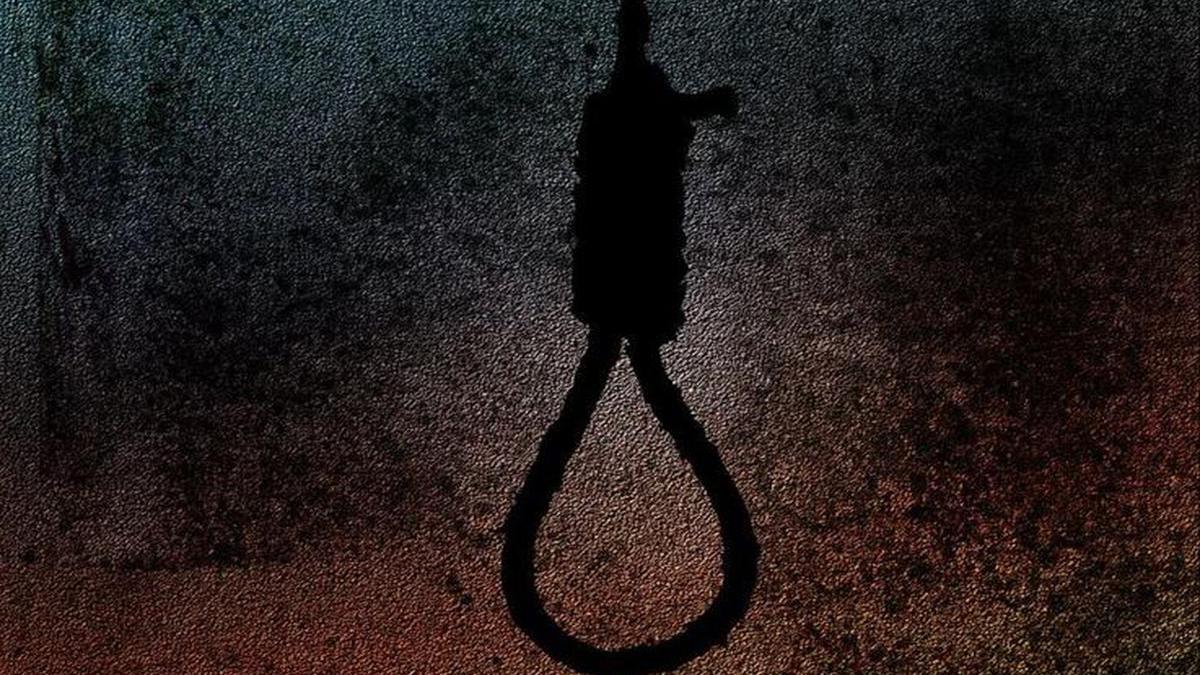
Considering setting up of panel to examine execution of death row convicts by hanging: Centre to SC
The Hindu
The Supreme Court was apprised by the Centre that it was considering setting up a committee of experts to examine the prevalent mode of execution of death row convicts by hanging in the country.
The government apprised the Supreme Court on Tuesday that it is considering the formation of a committee to examine the need for a painless and more dignified alternative to death by hanging.
Appearing before a Bench led by Chief Justice of India D.Y. Chandrachud, Attorney General R. Venkataramani sought time till July to report back to the Supreme Court.
Also Read | Data | In 2022, trial courts in India imposed most death sentences in 20 years
In March, the court had asked the government to provide data which may give a clue to a more acceptable method of executing prisoners other than death by hanging.
The Chief Justice had in that hearing suggested to the government the formation of a committee with experts from the National law universities, professors of law, doctors and scientific persons.
The court had indicated to the Centre that it may even direct an alternative method of executing capital punishments if it was proved that there was a more “humane” method of execution which would render death by hanging unconstitutional.
“If you want us to relook death by hanging, we need better data… We want to know the impact of the sentence of death by hanging, the pain caused, the period of actual death and the availability of resources for hanging a person,” Chief Justice Chandrachud had observed.





















 Run 3 Space | Play Space Running Game
Run 3 Space | Play Space Running Game Traffic Jam 3D | Online Racing Game
Traffic Jam 3D | Online Racing Game Duck Hunt | Play Old Classic Game
Duck Hunt | Play Old Classic Game











